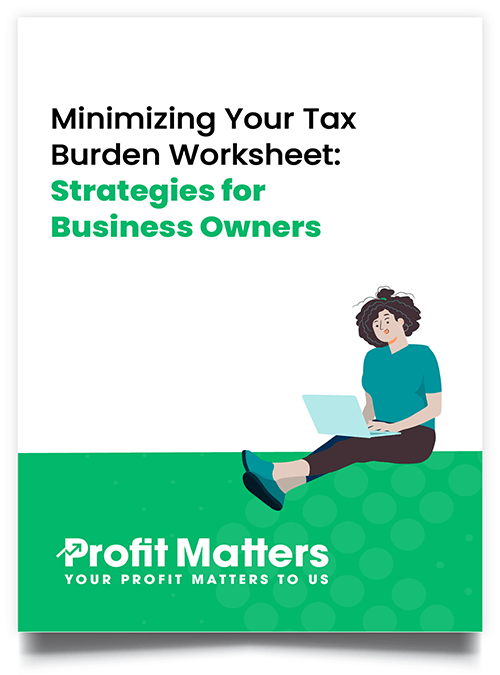
These are red flags and an indication that your accounting books may not be in order.
Improper bookkeeping impacts every sector of a business. When your financial records are in order, you can use the data to develop competitive strategies in the market you operate in. On the other hand, when your books of accounts are not in order, you could easily be losing money right under your nose.
So, the question is: How much can bad bookkeeping cost a business?
Let’s find out.
Loss of sales: Lack of proper bookkeeping can lead to late sending of invoices or not sending them at all. Invoices are crucial documents that remind your customers of the debts owed to your business. Now, the longer a bill remains unpaid, the higher the chances of it not being paid on time. This could result in a lot of bad debts, or unrecorded sales.
Missed taxable deductions: In the absence of proper records, there is a high likelihood of missing material business deductible expenses when filing your tax returns. This may result into paying more taxes when clearly, you ought to pay less. In the wake of cut-throat competition, small businesses can’t afford to leave any loopholes for losing money unsealed.
Penalties for late payments: Disorganized books of accounts usually have one common trait, penalty payments to tax bodies, financial institutions, and other bodies. This will cost your business money in late fees and fines. Even if no penalty is involved, it can create strained relationships if various individuals and organizations keep knocking your door for their late dues.
Loss of inventory: As I mentioned earlier, poor record-keeping may lead to unrecorded sales which in turn, bring about discrepancies in your inventory system. Poor stock control could lead to a widespread employee and/or customer theft in the worst case and this may result in massive loss of working capital.
Audit problems: The very nature of auditing relies on past information and if found to be unreliable, the report could easily be Qualified. Such a report can be as consequential as denying you a chance to borrow or to woe potential investors.
Mix-ups in personal and business finances: Mixing up business and personal finances are one of the grievous mistakes business owners make today. This literally blinds you from seeing how your business is doing. In fact, more often than not, it results in the bankruptcy of most business owners. Regardless of how much money you may have, never mix business with personal finances.
More accounting fees: the less work you do on your books, the more work you allocate to your accountant – and of course, that means more money shifts from your business to the accountant’s pocket.
And the list goes on and on…
Don’t wait until it’s too late
Clearly, the effects of poor bookkeeping are quite unforgiving.
The need to maintain proper books of accounts for your business need not be underestimated.
And if you feel like things are getting out of hand, now is the time to act.
Our lines are always open to our clients – talk to us today to help you stay on the right track with accurate and up-to-date financial records.


